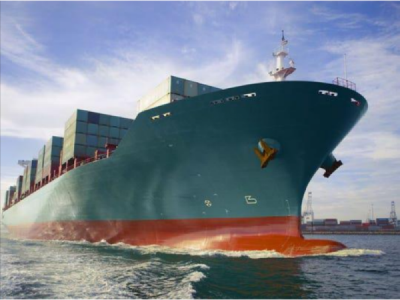
Posted on March 10, 2020
Florida ports handle nearly $10 billion worth of Chinese imports annually, most of it passing through ports in Jacksonville, Fort Lauderdale, Miami and Tampa.
Business could become rather unusual at Florida’s 15 international seaports if the coronavirus continues its spread from its epicenter in China.
In the past week, the COVID-19 outbreak hit Florida and 14 other states.
Florida ports handle nearly $10 billion worth of Chinese imports annually, most of it passing through ports in Jacksonville, Fort Lauderdale, Miami and Tampa.
While the coronavirus now has been reported in 70 countries, Florida port officials are monitoring the outbreak and preparing health and security measures for if they are needed.
“I’m not sure I would use the word ‘stand-by’ but there are things being put in place,” said Doug Wheeler, President and CEO of the Florida Ports Council.
“If this continues to progress as it has, I think you will start to see more and more of those plans come online,” Wheeler added.
At the most extreme, those plans would involve refusal to allow a container ship to enter the port and to evacuate cruise ship passengers to a quarantined facility.
Wheeler said Florida ports will follow protocols developed by the U.S. Coast Guard, U.S. Customs and Border Protection, Centers for Disease Control and Prevention and local health officials.
Ports from Charleston, South Carolina, to Miami are expecting reduced international trade traffic as manufacturers have slowed production and container shippers curtail business with Chinese suppliers during the crisis.
Four of the countries that rank in the top 10 of coronavirus cases also are among the top 10 manufacturers of goods that flow through Florida ports as imports. After China (80,000 cases), they are Japan (283), France (191) and Germany (188).
“The production side is clearly being affected, so it is just a timing issue as to when the supply-chain side starts to feel the impact,” said Wheeler, referring to reports of overseas factories reducing hours and the number of workers.
James Call can be contacted at jcall@tallahassee.com. Follow him on Twitter @CallTallahassee.
Source: waltonsun.com





